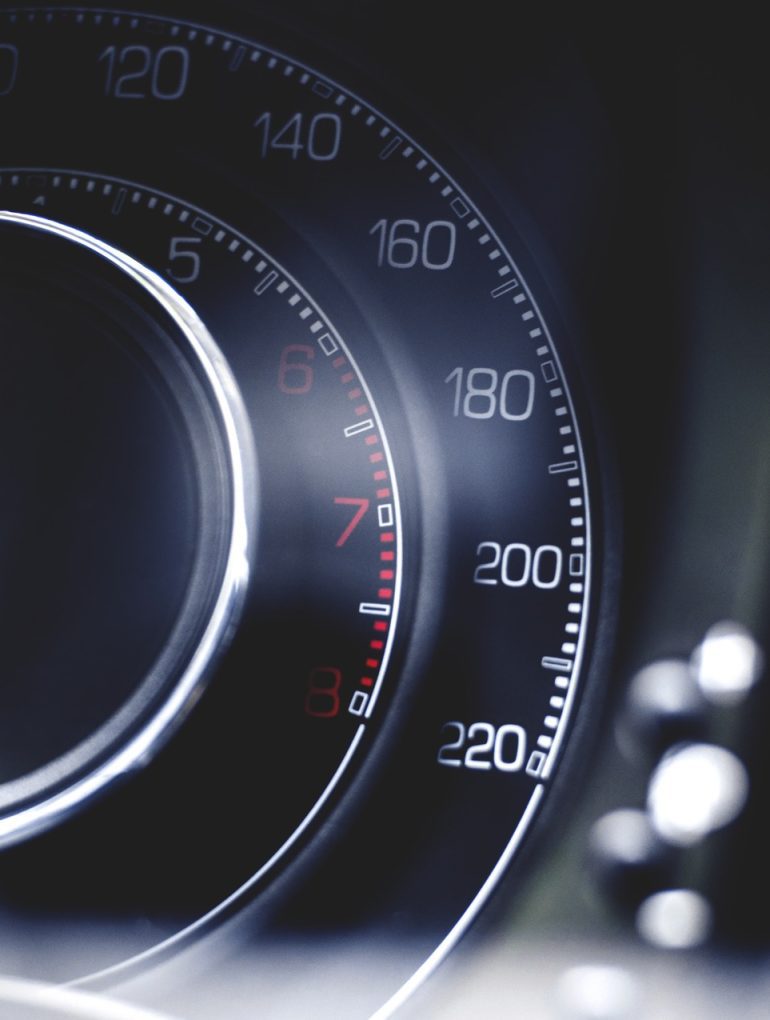These days everything revolves around data. While you may not realise it, all of your personal data is stored by numerous companies and organisations. From your shopping habits to your health information and even your driving details – it’s all stored away in various databases, ready to be accessed at any time by those authorised to view it.
As a driver, it’s useful to know what type of information the government and the DVLA holds about your vehicle. So, here we’ll look at the main pieces of information they have on your car.
The Personal Information Charter
The Government’s information on your vehicle is stored under the Personal Information Charter. Within its database, there’s records of 36 million vehicles and 44 million drivers. These records are stored on numerous databases and are protected by DVLA best practices, policies, and legislation.
You can find out exactly what type of information the government has on your vehicle by requesting access to it. They’ll tell you not only what information they have, but why they have it and how it is used.
The main types of information the DVLA and government have on you and your car include:
- The make and model
- When the car was first registered
- CO2 emissions
- Tax rate
- MOT expiry date
- SORN status
This is just some of the information stored, you can also write to the DVLA to ask about the registered details of another vehicle provided you have reasonable cause. It could be for example, that you need the details after an accident or you’re trying to locate a driver due to unpaid goods.
Why It’s Useful
Some may see this collection of information as an invasion of privacy. However, it’s actually really useful to have the details on file.
One of the main benefits of being able to access registered driver and vehicle information, is when you’re looking to buy a used car. By carrying out a check with cap hpi, you’ll be able to see whether the car has been reported as stolen, how many owners it has had and whether it is legally fit to be on the road. This is incredibly important and can save you from a lot of financial stress later down the line.
Overall, the government and DVLA collect and store masses of personal, along with non-personal data on you and your car. If you’re interested to see what type of information they have on you and your vehicle personally, you can make a request to view it at any time.




